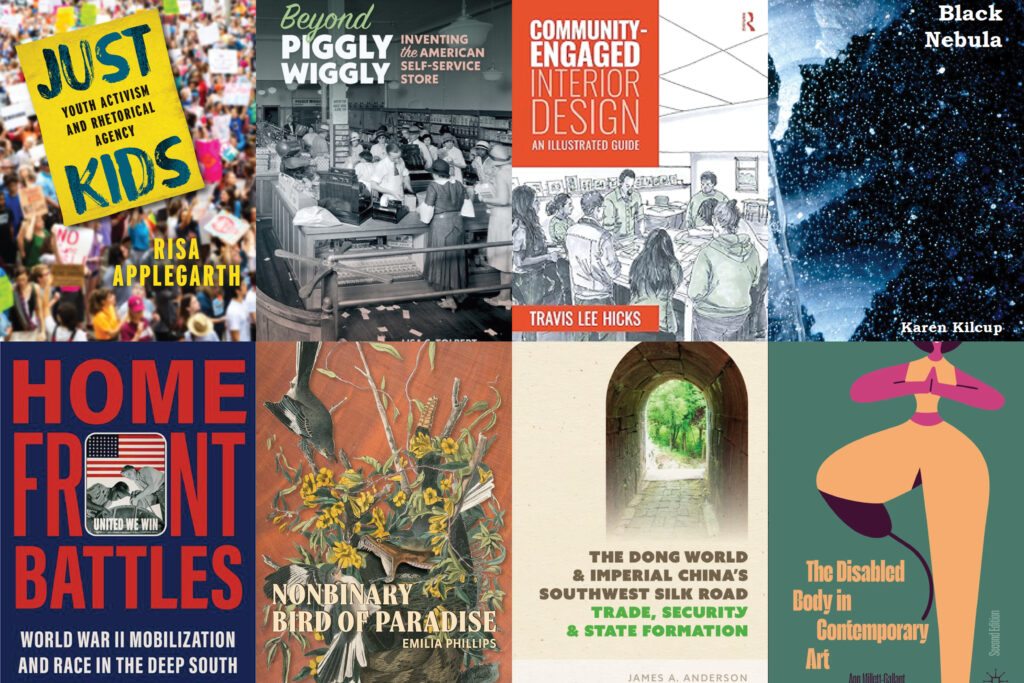
Dr. Arielle Kuperberg, a UNC Greensboro professor in Sociology and Women’s, Gender and Sexuality Studies, received a $360,228 grant from the National Science Foundation (NSF) to study the impact of student loan debt on college graduates over time. She will be working in collaboration with Dr. Joan Mazelis, a sociology professor at Rutgers University–Camden.
“We’ll be examining how student loan debt affects people during the transition out of college and into adulthood while determining to what extent student loan debt may be causing a new ‘class divide’ among college graduates,” Kuperberg said.

Today more than two-thirds of college graduates carry an average of $30,000 in student loan debt when they finish their four-year degrees. In response, politicians have proposed plans to reduce or forgive these loans. Some universities are also instituting their own loan-reduction programs, including Rutgers University-Camden, whose students will be included in the study.
The researchers have been following students’ experiences with college debt since 2016, through a combination of extensive survey data and in-person interviews with a cohort of students from both UNCG and Rutgers University–Camden. They have been interviewing this same group of students once per year to assess how college debt is impacting their lives over time—including their mental health, financial earnings, and life decisions like having children and getting married.
Already they have uncovered some interesting findings.
“People with student loans are more likely to be financially helping out their families,” said Kuperberg. “We also know people put off having children because of loans, and we know they make less money than graduates who do not have student loan debt. But why is that?”
The NSF grant will allow them to expand on this mixed-method longitudinal study by adding more research subjects to their surveys and cohort of interviewees. They also plan to write a book based on their findings and make the data they collect available to other researchers.
The hope is that their research will provide a clearer understanding of both the benefits of student loans—such as the opportunities they create for students who might not otherwise attend college—and to what extent student debt may be reproducing inequality across generations.






